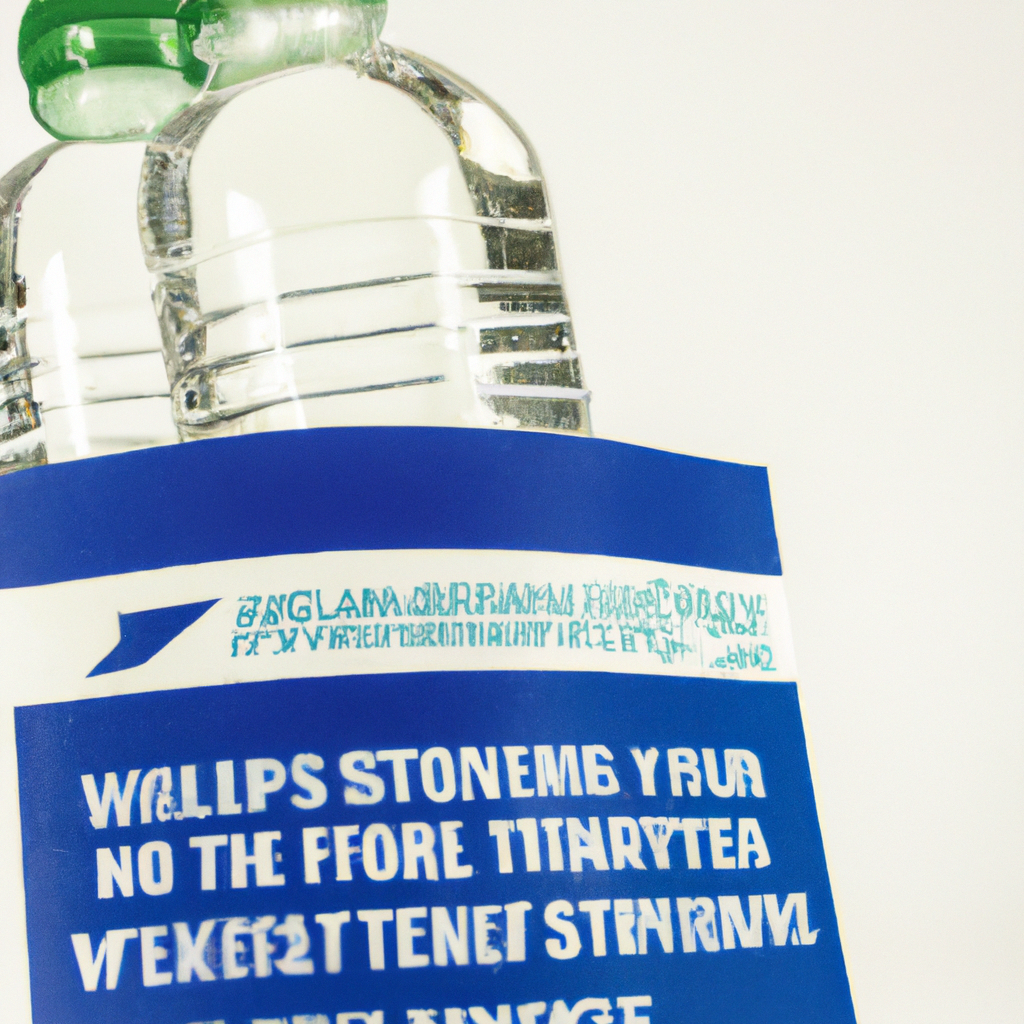No matter your age or your fitness level, you’ll benefit from regular exercise. It’s perhaps no surprise that physical exercise is linked to better cardiovascular health, but ‘working out’ isn’t just about improving your muscle tone or losing weight. Did you know that regular workouts can actually reduce your risk for a range of serious cardiovascular illnesses? This article will explore the importance of physical exercise in the maintenance of cardiovascular health.
1. Sweating it Out: The Transformative Power of Regular Workouts on Cardiovascular Health
Getting moving is a proven way to improve cardiovascular health. Regular exercise can reduce your risk of stroke and heart disease, combat obesity, and even help your body use insulin more effectively. With such a huge range of benefits, it’s easy to see why regular workouts are so important.
- Decreased Blood Pressure: Regular aerobic activity can reduce blood pressure as much as–or more than–taking medication. Furthermore, exercising helps to make your heart stronger so that it has to work less hard to pump blood.
- Lowered LDL Cholesterol: Exercise can also reduce your LDL cholesterol, the major culprit behind arterial plaque build-up. Through regular exercise, your HDL cholesterol level goes up and your LDL levels go down. This helps to get your heart functioning efficiently.
- Reduced Risk of Heart Disease: The American Heart Association recommends that adults exercise at least 150 minutes a week. Doing so can help reduce your risk of heart disease by up to 24%. With an improved cholesterol ratio and lowered blood pressure, the risk of stroke is greatly reduced.
Regular exercise helps keep your heart strong and reduces your risk of cardiovascular disease. It can also facilitate weight loss and make your body stronger. Studies have also shown that regular exercise can reduce stress and help to battle depression. So, if you’re looking for a healthy way to improve your overall health, start sweating it out!
Engaging in regular physical activity can be intimidating, so make sure to consult your doctor before starting any exercise program. If you are unable to do vigorous exercises, try low-intensity activities like walking, gardening, or swimming. As with anything, start slow and build up over time as you become more comfortable.
Incorporating routine exercise into your life can have amazing benefits and help to improve your cardiovascular health. Regardless of your fitness level, there is something out there for everyone. Explore some exercises you can do at home, join a local gym, or find an exercise buddy. No matter how you choose to do it, don’t let another day slip by without sweating it out!
2. Unlocking the Secrets to a Strong Heart: Discover the Crucial Role of Regular Workouts
Keeping your heart healthy should be every individual’s priority. Recent surveys suggest that regular exercise is one of the most crucial habits for strong heart health. So, let’s take a look at some of the key steps to unlocking the secrets to a strong heart:
- Engage in regular physical activity
- Designed specifically for the heart
- Focused on building your aerobic strength
Physical activity is essential for heart health, and a regular workout is the most straightforward way to achieve it. Not only does it help keep your body in prime physical condition, but it also ensures that your heart functions efficiently. Exercise allows your heart to use oxygen more efficiently and helps increase its efficiency.
Cardio Workouts – The Foundation for a Strong Heart
Cardiovascular exercises, such as running, biking, and swimming, make up the foundation of a good workout routine for your heart. These workout types can improve blood circulation and heart rate, which helps promote heart health. Cardio activities also help reduce blood pressure, cholesterol, and triglyceride levels, which can also contribute to your overall heart health.
Regular strength training can also be beneficial for a healthy heart. Weightlifting and resistance rhythms can help your heart improve its pumping ability. These activities can also reduce body fat levels, which can further positively impact your cardiovascular health.
Remember, no matter the type of exercise you choose, it is essential to ensure that it is done consistently to obtain the most beneficial results. Creating a tailored exercise plan and sticking to it can be the difference between a weak and a healthy heart.
3. Pump Up the Pulse: Why Consistent Exercise is Vital for a Healthy Heart
Taking care of your heart is essential to living a long, healthy life. Exercising consistently is one of the best ways to ensure a strong cardiovascular system. From aerobic to strength training, a regular regimen can make powerful impacts on your heart health and function.
- Engaging in exercise can reduce total cholesterol and triglycerides in the body.
- Physical activity reduces the fatty deposits in the arteries, reducing your risk of heart attack and stroke.
- Regular exercise can help to manage your weight and control your diabetes.
Exercising regularly, such as 30 minutes per day, can keep your heart in check. Though this may seem like a lot, taking small steps towards building a consistent workout routine can easily become a habit.
It’s important to consider the type of exercise, too. Aerobic exercise is a great choice for keeping your heart healthy. This includes activities like jogging, biking, interval training, and swimming. Aerobic exercise can reduce blood pressure, reduce stress, and increase the efficiency of your heart.
Strength training is also beneficial for your heart. Lifting weights can lead to an increase in lean muscle and a decrease in body fat. This is essential for keeping your cholesterol and heart rate in check. A combination of aerobic and strength training can go a long way in giving your heart the power and stamina it needs.
When it comes to your heart health, exercise is a powerful tool. Start small and build up gradually; getting in the habit of exercising consistently can yield extraordinary results over time.
4. From Couch Potato to Cardio Warrior: How Regular Workouts Keep Your Heart in Tip-Top Shape
Regular exercise can be one of the best things you can do for your heart health. Exercising just a few times a week can have a huge impact on your long-term cardiovascular fitness. Here are some of the top reasons why a regular exercise program can keep your heart in tip-top shape:
- Lower Your Blood Pressure: Regular exercise can help lower your blood pressure, reduce cholesterol levels, and even improve the strength of your arteries.
- Improve Your Heart’s Efficiency: When you exercise, your heart becomes more efficient at using oxygen and pumping blood. This helps your heart become more resilient to disease and less prone to future problems.
- Promote Healthy Weight Loss: Exercise helps to burn calories and excess fat, while building muscle. This helps promote a healthy weight, which in turn helps to reduce your risk of heart disease and other health complications.
One of the best ways to ensure that you stay healthy and keep your heart in shape is to start an exercise program. Make it part of your weekly routine, and be sure to check with your doctor before beginning any exercise plan. You don’t have to become a gym rat to benefit from regular exercise; even a half hour of walking every day can improve your cardiovascular health.
Regular exercise can also help reduce stress and tension. When your heart is healthy and well-functioning, it can better handle the demands of a stressful job or lifestyle. The added benefit of improved mood and sleep can be just as important as the physical benefits when it comes to overall heart health.
Finally, regular exercise can help you maintain a healthy weight. Being overweight can put extra stress on the heart, so exercising can help burn off excess calories and fat. Exercise can also boost your metabolism, meaning you’ll use more energy even when you’re not working out.
In summary, regular exercise is essential for maintaining a healthy heart. Exercise can help you lose weight, lower your blood pressure, and make your heart more resilient to future problems. And, of course, it can also help keep you feeling good and stress-free. So, if you want to move from couch potato to cardio warrior, it’s time to get moving.
Our fundamental goal was to illustrate the profound importance of regular exercise for the maintenance of our cardiovascular health. It is essential that we dedicate a significant proportion of our time to physical activity, whether it be taking a stroll in the park or a spinning class. The primary purpose of exercise is to promote good health, while our secondary goal is to enjoy the process of working out. So don’t just sit back and relax — get up and get active!



